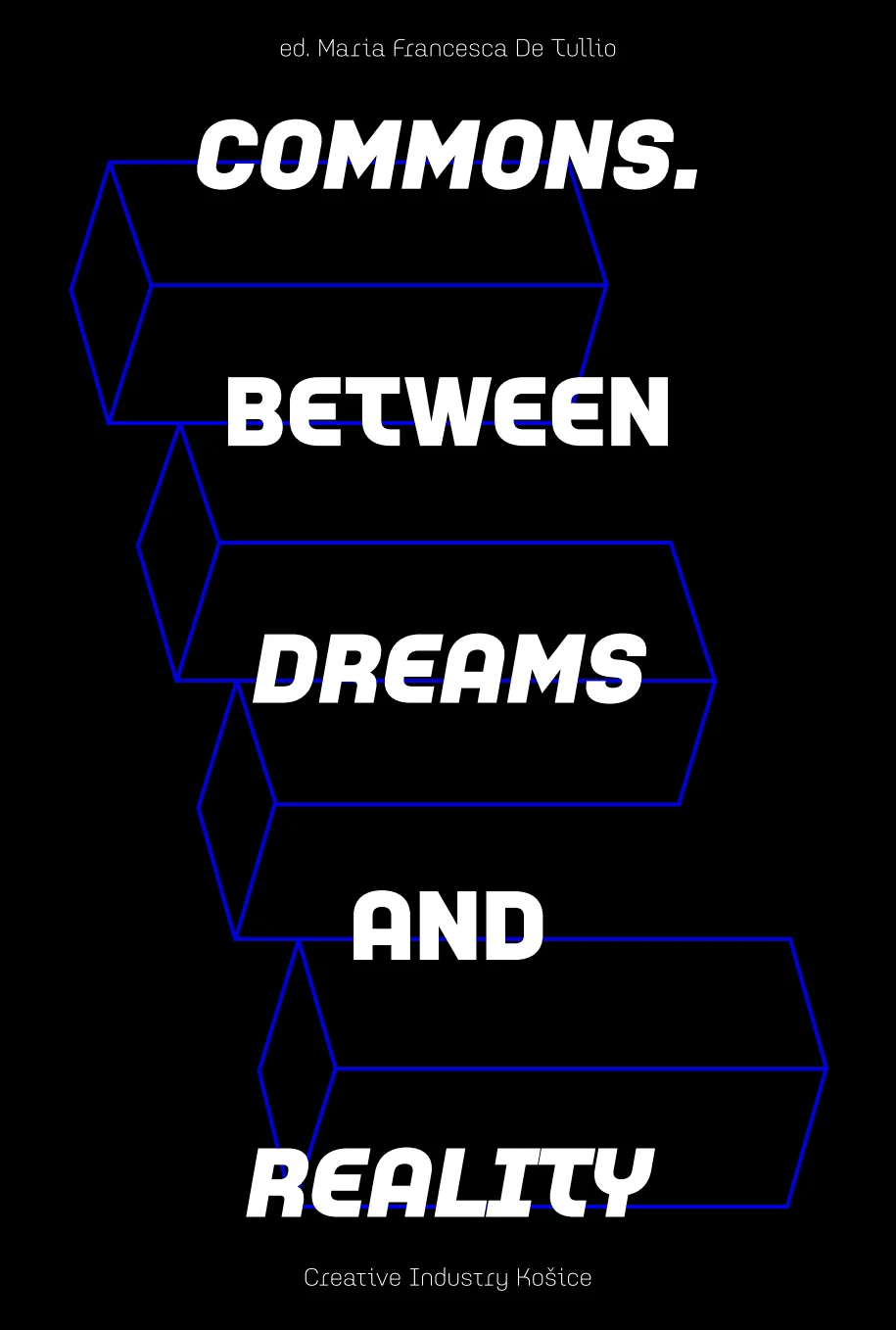Context and Overview
"Commons: Between Dreams and Reality" is an edited volume published by Creative Industry Košice in 2020, under the editorship of Maria Francesca De Tullio. The book discusses the concept of commons within the cultural sector, emphasizing how collective actions can transform urban spaces and create sustainable, inclusive communities. It addresses the challenges of implementing cultural commons in the European Union (EU) context, highlighting the need for participatory governance and social justice.
Key Themes and Concepts
The book explores the idea that commons can lead to cooperative relationships and non-extractive economies, promoting democratic institutions. It argues that cultural commons can facilitate social justice and highlight the importance of self-organization among users. The authors discuss various essays that reflect on the participation of citizens in cultural initiatives and the impact of grassroots movements on urban governance.
Cultural and Political Challenges
The text highlights that while the EU promotes values of social cohesion and cultural participation, these ideals often clash with the realities of economic priorities and market-driven policies. It points out that the current EU budget allocates only 0.14% to cultural initiatives, raising concerns about the genuine commitment to fostering a participatory democracy. The book urges for a shift in focus from economic growth to cultural empowerment and equity.
Case Studies and Examples
Several contributions within the book examine urban commons initiatives, such as the occupation of Cavallerizza Reale in Turin, Italy. This case exemplifies how grassroots movements can challenge privatization and advocate for public use of urban spaces. It emphasizes the importance of community engagement in decision-making processes regarding urban development, showcasing the tension between public interests and private investments.
Implications for Policy and Governance
The authors argue that effective governance of commons requires a paradigm shift in urban policy, one that recognizes the value of cultural rights and fosters collaboration between citizens and authorities. They critique existing governance models that prioritize economic interests over community needs, calling for policies that empower marginalized voices and enhance social inclusion.
Sustainable Housing and Commons
The discussion on commons is particularly relevant to sustainable housing, as it underscores the need for collaborative efforts in managing resources and urban spaces. The book advocates for innovative approaches to housing that are rooted in community participation and collective management, aiming to build resilient and equitable living environments.
Conclusion
"Commons: Between Dreams and Reality" serves as a critical resource for understanding the intersection of culture, governance, and sustainability within the context of the EU. It provides insights into how cultural initiatives can lead to more inclusive policies and sustainable urban development, fostering a sense of shared responsibility among communities.
